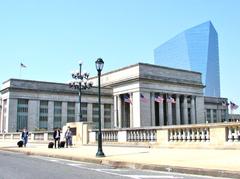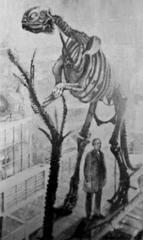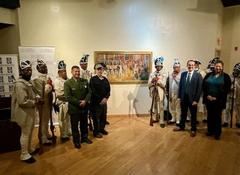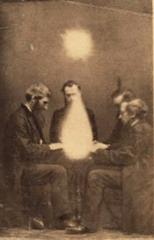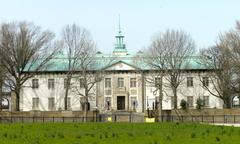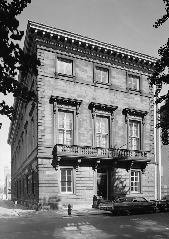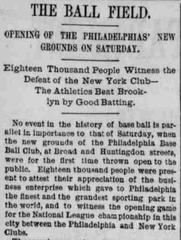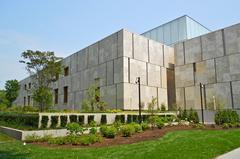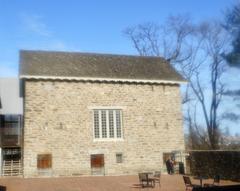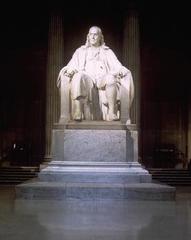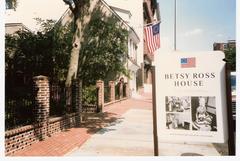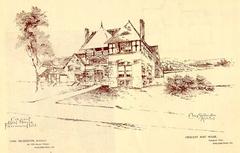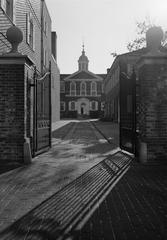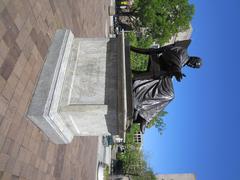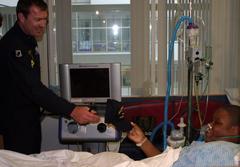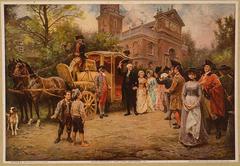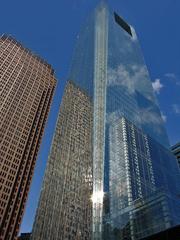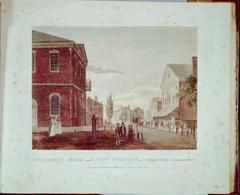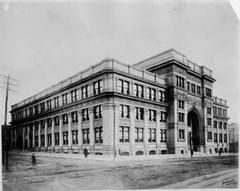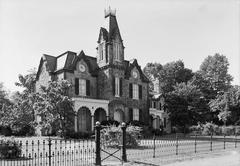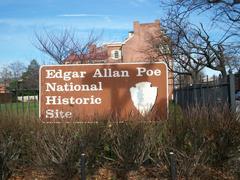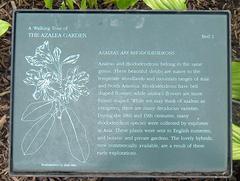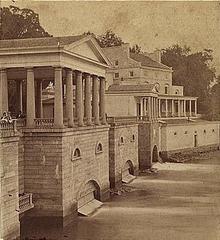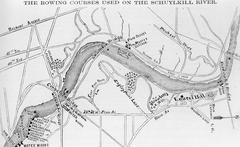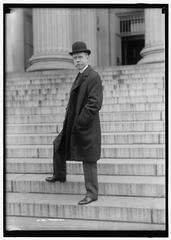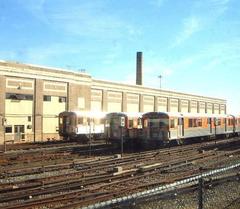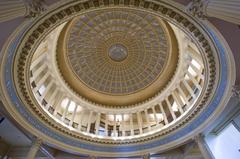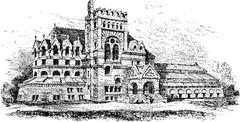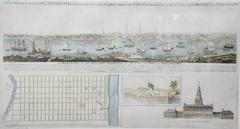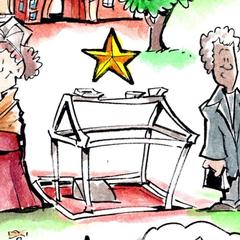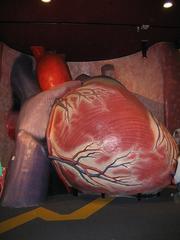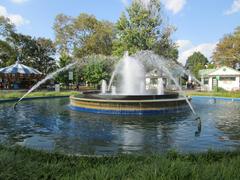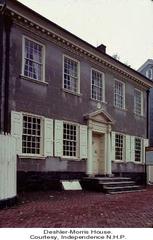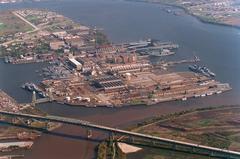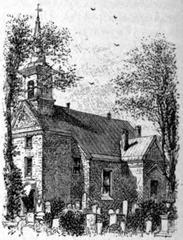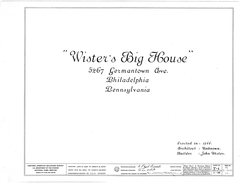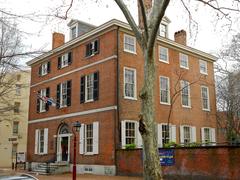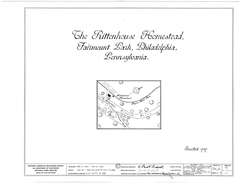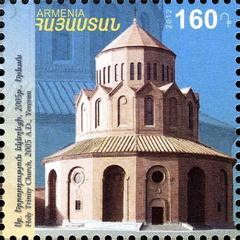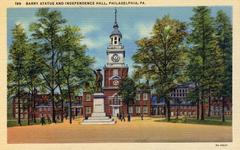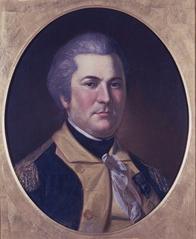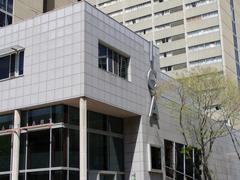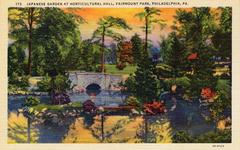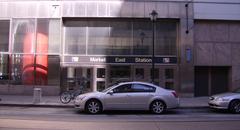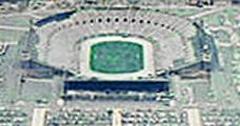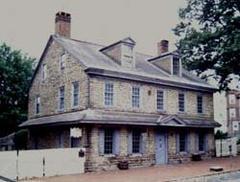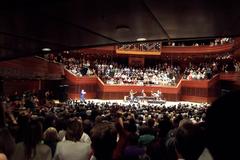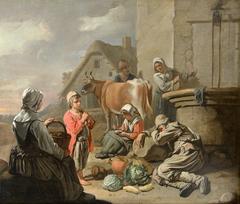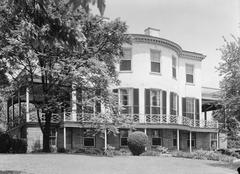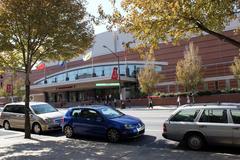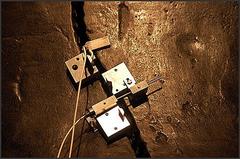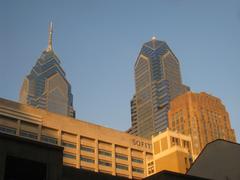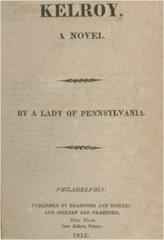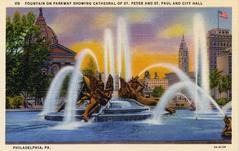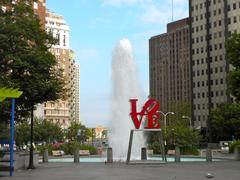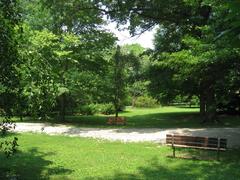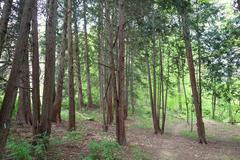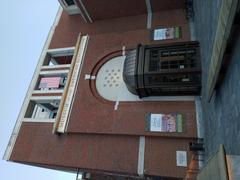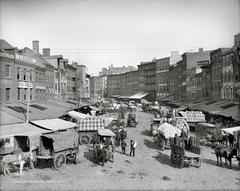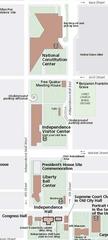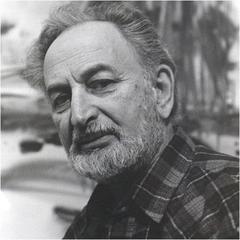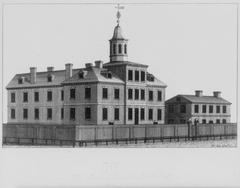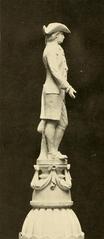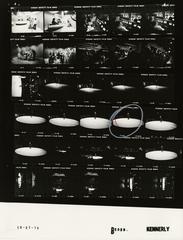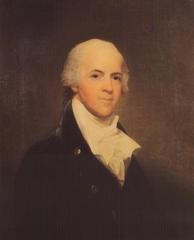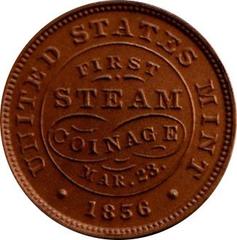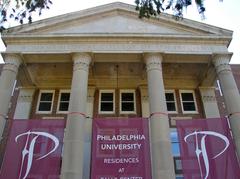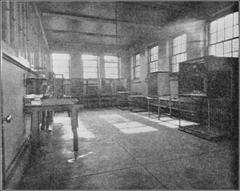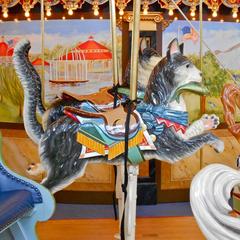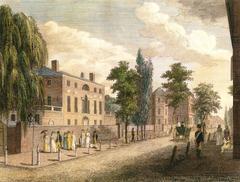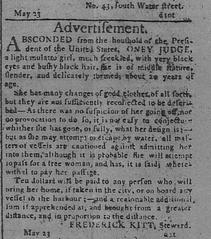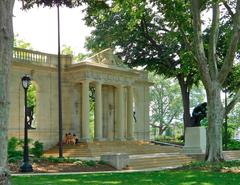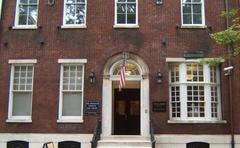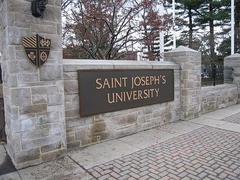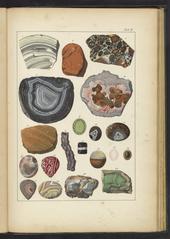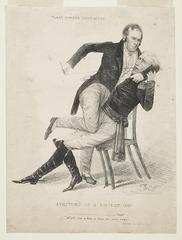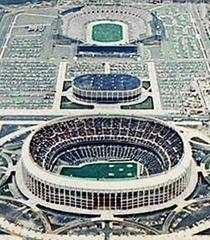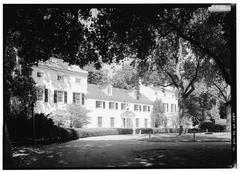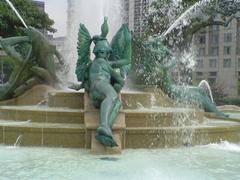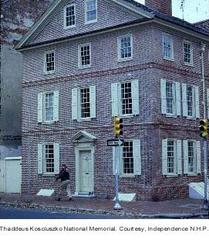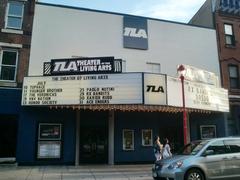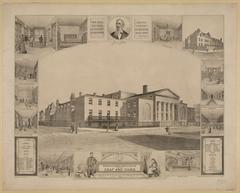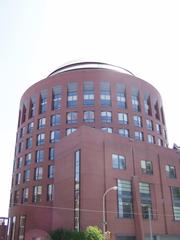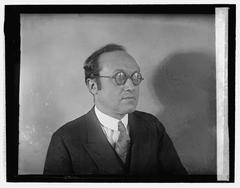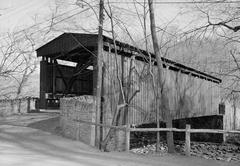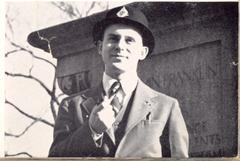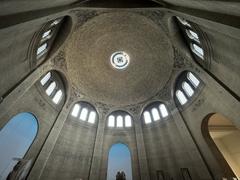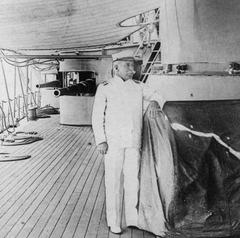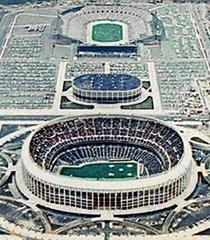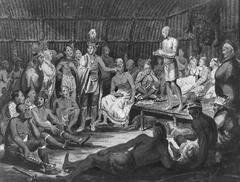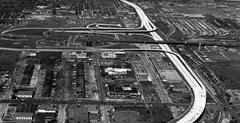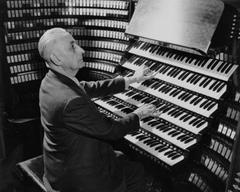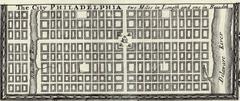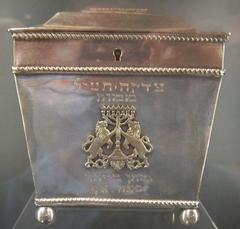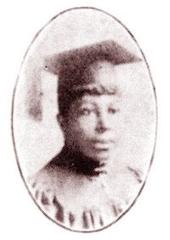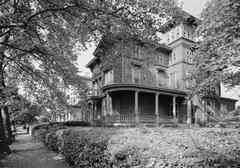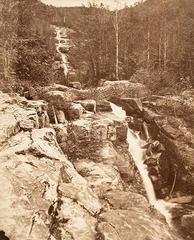Stenton Park Philadelphia: Visiting Hours, Tickets, and Travel Guide
Date: 03/07/2025
Introduction
Stenton Park, located in Philadelphia’s historic Germantown neighborhood, is a remarkable destination where colonial American history, horticultural innovation, and urban green space converge. Centered around the well-preserved Stenton Mansion—an outstanding example of Georgian architecture built in the 1720s by James Logan, secretary to William Penn—the estate offers visitors a deep dive into the complexities of early American society, the Logan family’s agricultural legacy, and Philadelphia’s ongoing commitment to preservation and education.
This guide provides comprehensive information for planning your visit to Stenton Park, including operating hours, ticketing, accessibility details, historical background, and nearby attractions. Whether you are a history enthusiast, garden lover, educator, or local resident, Stenton Park offers a rewarding and enriching experience. For the latest updates and planning resources, visit the official Stenton website, the Historic Germantown portal, or the Visit Philly Stenton page.
Table of Contents
- About Stenton Park: An Overview
- History and Heritage of Stenton Estate
- Gardens, Landscape, and Archaeology
- Cultural Significance and Interpretation
- Visiting Hours, Tickets, and Accessibility
- Facilities and Amenities
- Special Events and Educational Programs
- Visitor Tips and Frequently Asked Questions (FAQ)
- Nearby Attractions and Suggested Itineraries
- Contact Information and Further Resources
About Stenton Park: An Overview
Stenton Park is a unique Philadelphia landmark that combines an 18th-century mansion museum, three acres of historic gardens, and a public recreation space. The estate is renowned for its architectural integrity, its layered social history—including the story of the Logan family, enslaved and free workers, and the founding of the Garden Club of America—and its role as a vibrant community hub in North Philadelphia (Stenton Official Site; Historic Germantown).
History and Heritage of Stenton Estate
Colonial Beginnings and Logan Family Legacy
Established in the 1720s by James Logan, Stenton was conceived as a country seat and working farm on the outskirts of colonial Philadelphia. Logan, a statesman, botanist, and intellectual, imported seeds and fruit trees from Europe, shaping the estate’s productive landscape (Stenton’s Cultural Landscape). His descendants, notably George Logan, continued to innovate in agriculture and landscape design, evolving the grounds from formal, brick-walled gardens to naturalistic meadows and tree allées.
Revolutionary War and Transformations
The estate played a supporting role during the American Revolution, serving the community and hosting both American and British officers. Over centuries, urbanization reduced the estate’s original 500+ acres to a few preserved acres, but the mansion and select outbuildings endured, thanks to early 20th-century preservation efforts led by the National Society of Colonial Dames of America in Pennsylvania (Stenton Official Site; Wikipedia).
Horticultural Heritage
In 1913, Stenton became the birthplace of the Garden Club of America, cementing its legacy in American horticulture. The Colonial Revival Garden, designed by John Casper Wister, reflects the ideals of early preservationists and continues to be a highlight for visitors (Historic Germantown).
Gardens, Landscape, and Archaeology
Archaeological work has revealed the foundations of 18th-century brick garden walls and forecourts, confirming Stenton’s sophisticated colonial landscape design (Stenton’s Cultural Landscape). Today’s grounds feature heritage trees, meadows, and a perimeter planting screen, preserving a sense of the estate’s original grandeur even as it sits amid a dense urban neighborhood.
In addition to the mansion, visitors can see historic outbuildings such as a stone barn, icehouse, privy, and a relocated 18th-century log house. The grounds and gardens serve as living classrooms and tranquil retreats for the community.
Cultural Significance and Interpretation
Stenton’s interpretation extends beyond architecture to include the diverse lives of those who lived and labored on the estate. The site honors the contributions of enslaved and free African Americans, such as Dinah—a housekeeper whose courage during the British occupation is now commemorated with a memorial and mural (Philadelphia Sun). The estate also acknowledges the displacement of Indigenous Lenape people through colonial land expansion (Philadelphia Sun).
Through partnerships with Historic Germantown and local organizations, Stenton offers award-winning educational programs like the History Hunters Youth Reporter Program, engaging thousands of schoolchildren annually (Stenton Official Site).
Visiting Hours, Tickets, and Accessibility
Address & Getting There
- Stenton Mansion: 4601 N. 18th Street, Philadelphia, PA 19140
- Stenton Park Recreation Center: 4600 N 16th St, Philadelphia, PA 19140
Easily accessible via SEPTA Chestnut Hill East Regional Rail (Wayne Junction Station), Broad Street Subway (Wyoming Station), and multiple bus routes. Limited on-site and street parking is available (Stenton Official Site).
Operating Hours
- Mansion & Museum:
- April–December: Tuesday–Saturday, 1:00–4:00 PM
- Second Saturdays (May–October): 12:00–4:00 PM
- Some seasonal variations—check official calendar for updates
- Recreation Center:
- Monday–Friday, 9:00 AM–8:00 PM
- Saturday–Sunday, 10:00 AM–6:00 PM
Tickets & Admission
- Mansion Tours: $10 adults; $8 seniors/students; free for children under 6; discounts for local residents
- Recreation Center & Park Grounds: Free entry
- Group Tours: Advance reservation required; group rates available
- Ticket Purchase: Onsite at Visitor Center or online at Stenton Official Website
Accessibility
- Mansion first floor accessible via ramp; no elevator to upper floors due to historic preservation
- Park and recreation areas have paved and gravel paths; accessible restrooms available
- Service animals welcome; contact staff for specific accommodation needs
Facilities and Amenities
- Visitor Center: Maps, tickets, restrooms, and knowledgeable staff
- Gift Shop: Books, crafts, and souvenirs reflecting colonial and local history
- Gardens & Grounds: Three acres of historic plantings, picnic areas, and interpretive signage
- Playground & Sports Fields: Recreation center includes modern playground, tennis courts, and ballfields (Good for PA)
- Restrooms: Modern, accessible facilities during open hours
Special Events and Educational Programs
Stenton hosts a lively calendar of events throughout the year, including:
- Historical Reenactments & Living History Days
- Juneteenth and Black History Month Programs
- Colonial Craft Workshops and Garden Tours
- Community Festivals and Family Activities
- History Hunters Youth Reporter Program for Schools
Check the Stenton events calendar or Visit Philly Stenton page for schedules and registration.
Visitor Tips and Frequently Asked Questions (FAQ)
Q: What are Stenton Park’s visiting hours?
A: Mansion: Tuesday–Saturday, 1:00–4:00 PM (April–December); Recreation Center: Monday–Friday, 9:00 AM–8:00 PM, weekends 10:00 AM–6:00 PM.
Q: How do I buy tickets?
A: Purchase at the Visitor Center or online. Group tours require advance reservation.
Q: Is the site accessible for wheelchairs?
A: Park and mansion first floor are accessible; upper floors are not. Contact staff for assistance.
Q: Are pets allowed?
A: Service animals welcome; pets generally not permitted indoors.
Q: Are there food concessions?
A: No onsite food vendors; bring water and snacks or dine at local restaurants nearby.
Q: Is photography permitted?
A: Yes, but flash and tripods may be restricted inside the mansion.
Nearby Attractions and Suggested Itineraries
Stenton Park is part of the Germantown Historic District, making it an ideal starting point for exploring:
- Johnson House: Underground Railroad site and abolitionist landmark (Global Philadelphia)
- Wyck House: Historic home and gardens (Historic Germantown)
- Historic RittenhouseTown: America’s first paper mill site
- Germantown Mennonite Meetinghouse: One of the city’s oldest religious sites
A suggested itinerary includes a morning tour of Stenton, lunch in Germantown, and visits to Johnson House or RittenhouseTown. Center City’s iconic sites are accessible via public transit.
Contact Information and Further Resources
- Phone: (215) 563-2482
- Email: [email protected]
- Address: 4601 North 18th Street, Philadelphia, PA 19140
For events, hours, and visitor updates, consult the Stenton Official Website, Historic Germantown portal, or Visit Philly Stenton page.
Summary
Stenton Park offers an immersive experience in Philadelphia’s colonial and horticultural heritage. The estate’s beautifully preserved mansion, evocative gardens, and robust educational programming invite visitors to explore the complexities of early American life and the enduring impact of the Logan family. As both a historical landmark and a community resource, Stenton Park stands as a testament to preservation, inclusive storytelling, and the vibrant legacy of Germantown.
Plan your visit today via the official Stenton website, and enrich your experience with virtual resources and the Audiala app. Discover one of Philadelphia’s most significant historical treasures—where history, culture, and community come together.
References and Further Reading
- Visiting Stenton Park: Historical Overview, Hours, and Tips for Philadelphia’s Historic Estate, 2025
- Visiting Stenton: Hours, Tickets & Exploring Philadelphia’s Historic Georgian Mansion, 2025
- Visiting Stenton Park: Hours, Tickets, and Exploring Philadelphia’s Historic Gem, 2025
- Practical Visitor Information, 2025
- Black History at Stenton Museum
- IDMS 2025: Honoring Landmarks and Stories That Define the City
- Stenton (mansion) - Wikipedia
- Good for PA: Stenton Park
